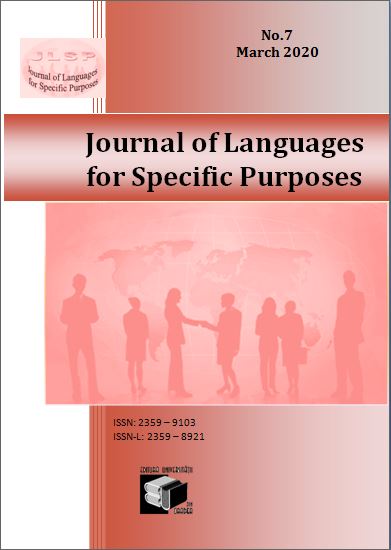Aiib Headquarters Agreement
AiIB is an international organization created by the Statute of the AIIB (which entered into force on December 25, 2015), a multilateral treaty whose contracting parties constitute the Bank`s membership. Accordingly, the AIIB is constituted and regulated by international law, which includes applicable international conventions, customary international law, general principles of law and subsidiary means of establishing legal norms. As an international organization, the AIIB has international legal personality, independent of that of its members. In accordance with the articles of the Agreement, the AIIB is endowed with full legal personality and, in particular, full legal capacity (i) of the Treaty; (ii) to acquire and sell immovable and movable property; (iii) the initiation and response to judicial proceedings; and (iv) to take other measures necessary or useful for their purposes and activities. For example, the AIIB, acting under international law, has entered into a headquarters agreement with the Government of the People`s Republic of China to define the legal status, privileges and immunities for the activity and functioning of the IIB in China. It has also concluded relationship or cooperation agreements with other development-related international organizations, in particular other multilateral development banks, in order to facilitate the achievement of its objectives and mandate. In accordance with Article 102 of the Charter of the United Nations, the statutes of the Convention and the headquarters agreement have been registered with the Secretariat of the United Nations. The AIIB has also obtained permanent observer status from the UN General Assembly to promote cooperation with the UN (UN Resolution A/RES/73/216). Unlike its sovereign members, the AIIB has no general competence.
In other words, it can only exercise the powers expressly or implicitly conferred on it by the statutes. In order to promote the mandate of the AIIB, internal legal provisions are adopted by the governing bodies of the AIIB, which read their effects in the articles of the treaty. The organisation and impact of such legislation is defined by the AIIB`s internal legal framework. In order to ensure respect for the rule of law, the AIIB has also put in place various accountability mechanisms to ensure access to appropriate remedies and to be accountable for breaches or breaches of these rules. For example, a sanctions mechanism has been put in place to punish companies and individuals who have found that they have committed certain forms of fraud, corruption and other prohibited practices in the context of Bank-financed projects. In order to ensure compliance with its environmental and social policy, the AIIB has also set up a mechanism to obtain applications from people who believe that they have been or are likely to be affected by the AIIB`s failure to transpose the Directive. In addition, the AIIB has put in place an administrative review procedure to settle disputes with its staff regarding its employment with the Bank. .





